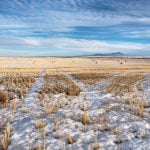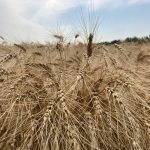With the cost of hybrid canola seed being the No. 1 expense in producing the oilseed crop, Prairie farmers can have confidence knowing each of the 4.25 million canola seeds in a 50-pound bag was produced with care and attention to quality control. That’s the commitment of long-time hybrid seed producers, HyTech Production Ltd., based […] Read more












